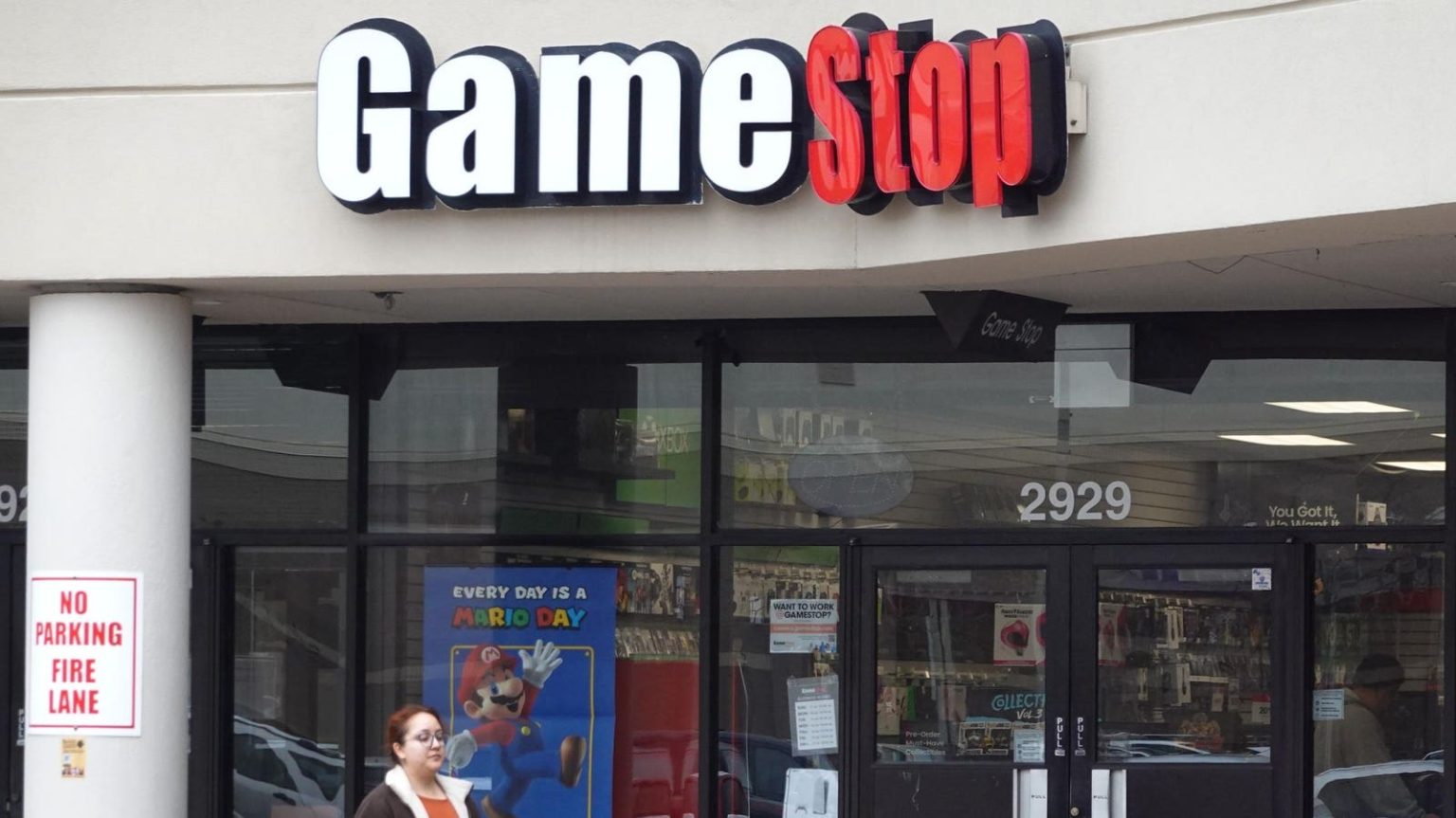The return of the pandemic-era meme stock captain to social media has led to a surge in meme stocks, boosting the fortunes of billionaires associated with these entities. GameStop saw its shares rise by 74%, marking its biggest one-day gain since February 2021 and closing at its highest level since August 2022. Similarly, AMC, another notable meme stock, experienced a 78% rally, its best day since June 2021, and reaching its highest price since January. Other stocks loosely linked to the meme stock craze, such as Reddit and Trump Media, also saw significant gains on Monday.
These gains in meme stocks occurred during a relatively uneventful trading session for the broader market, with the S&P 500 falling slightly. The catalyst for this surge was the reappearance of “Roaring Kitty,” the pseudonym of Keith Gil, who became a symbol of the 2020-21 short squeeze. This event saw retail investors, mainly from Reddit’s WallStreetBets forum, pushing back against institutional investors betting against companies like GameStop and AMC. GameStop’s rally led to short sellers experiencing paper losses exceeding $1 billion, reminiscent of the losses suffered by finance titans in 2021.
While some retail investors profited from Monday’s gains, it was billionaires who reaped the most benefits. GameStop’s CEO, Ryan Cohen, saw his fortune increase by $480 million, bringing his total net worth to $4.2 billion. Donald J. Trump, the former U.S. president and owner of Trump Media, also became $100 million richer, reaching a net worth of nearly $8 billion. Meme stocks are characterized by their volatile nature, with their value often fluctuating based on little to no material information affecting the company’s operations. Ownership of meme stocks typically consists of retail investors and insiders, with institutional investors having a smaller stake compared to mainstream equities.
The concept of a meme stock is subjective, but generally refers to publicly traded equities that experience wild swings in value. These stocks often have a unique ownership structure, with retail investors and insiders holding a larger percentage of shares compared to conventional stocks. For example, institutional investors like Vanguard and Fidelity own only a small percentage of Trump Media and GameStop. Meme stocks are known for their volatility, with companies like Bed Bath & Beyond and WeWork facing bankruptcies after being considered meme stocks.
In conclusion, the resurgence of meme stocks following the return of “Roaring Kitty” to social media has led to significant gains in several stocks, benefiting billionaires linked to these entities. The continued popularity and influence of meme stocks in the market highlight the power of retail investors and the impact they can have on traditional investment strategies. As meme stocks continue to captivate the attention of the market, their volatile nature and unique ownership structure present both risks and opportunities for investors.


